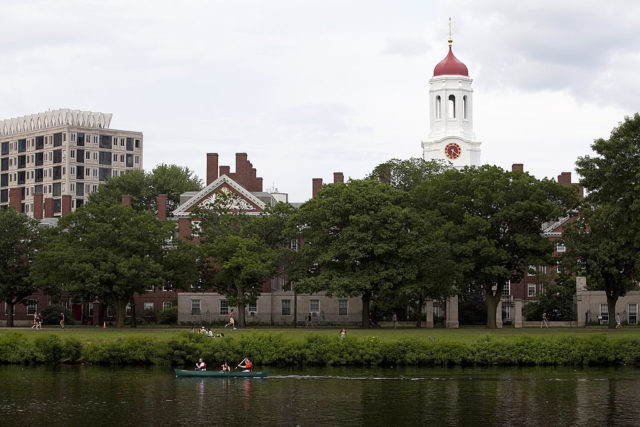
National Resilience, a company developing technologies that overcome the challenges of manufacturing complex biological medicines, is turning to Harvard University to find some of those new solutions. Under a five-year agreement announced Friday, Resilience will fund R&D of new manufacturing technologies based on discoveries from the university’s labs.
Resilience has committed $30 million to the partnership. The research will include biologic drugs, vaccines, nucleic acids, and cell and gene therapies. The partners said that these Harvard innovations may progress further in the hands of new companies formed by Resilience.
The alliance has already identified one promising technology. The Harvard lab of Lee Rubin, a professor of stem cell and regenerative biology, has developed a way to culture millions of cells in the lab that behave like skeletal muscle stem cells, also called satellite cells. The partners said that these cells retain their regenerative potential, which means that it’s possible they can be used in cell therapies. Resilience is funding ongoing research of these cells in order to validate the technology.
“For six decades since the discovery of the satellite cell, it has not been possible to expand therapeutic numbers of satellite cells in vitro, until we made real headway on it at Harvard,” Rubin said in a prepared statement. “We’re truly excited for the possible therapeutic impact of our innovations.”
If the research from Rubin’s lab proves viable, Resilience is standing ready to advance it. The company has formed an entity, Circle Therapeutics, that could license the Harvard technology and commercialize it.
Resilience and Harvard said that they will both call for proposals to identify more research projects that could be developed at the university under the partnership. The agreement gives Resilience an option to license technologies that come from projects funded by the alliance.
San Diego-based Resilience launched last year, revealing a $750 million Series B round of funding to support a business model for a new type of contract drug manufacturer. The company aims to provide manufacturing services to biopharmaceutical companies, with a focus on complex biological medicines. Resilience’s services will be backed by technologies that make manufacturing faster and scalable. The company said its goal was to protect biopharmaceutical supply chains from disruptions.
The Harvard alliance is the second one Resilience announced this week. The company has also begun a partnership with the Children’s Hospital of Philadelphia, under which Resilience will provide and develop new biomanufacturing technologies and look for ways to collaborate on new ventures based on these technologies. The collaboration agreement provides a framework for technology transfer between the hospital and Resilience, but no specific financial details of the pact were disclosed.
Photo: Kelvin Ma/Bloomberg, via Getty Images








